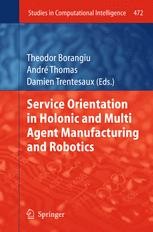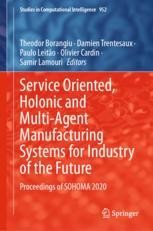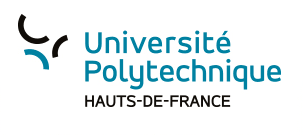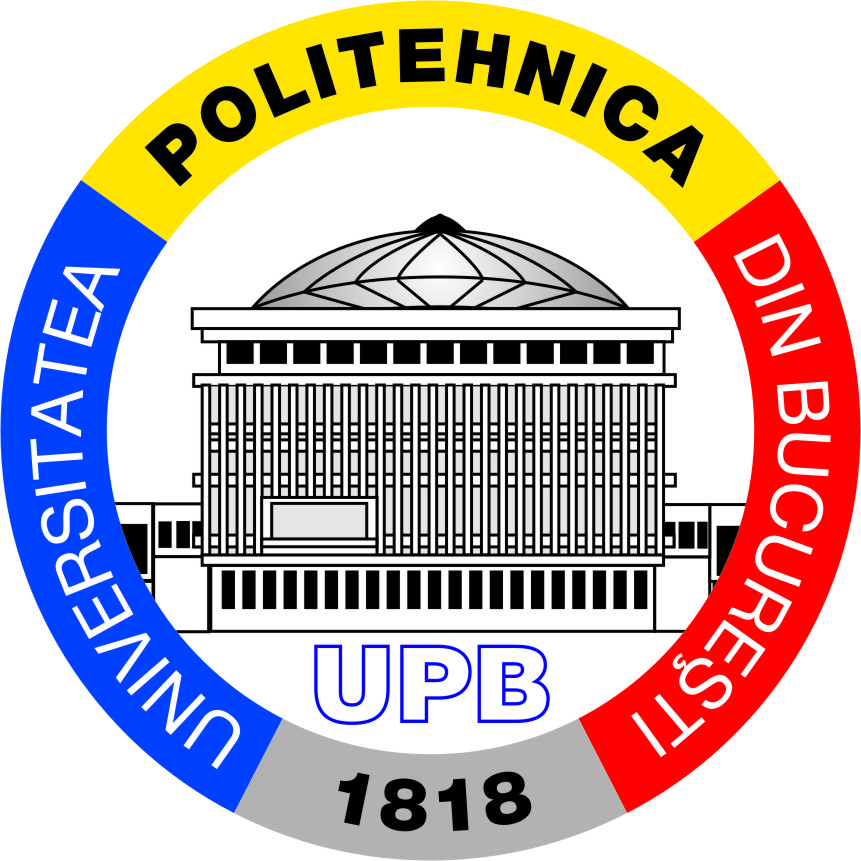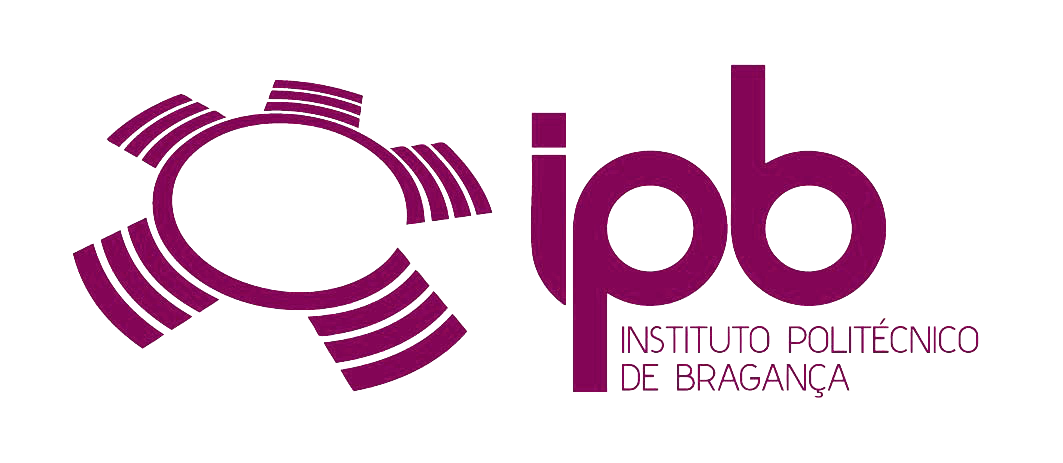
|
|
|
|
Situation Update The International Workshop SOHOMA'21 was carried out perfectly and is now closed. Thanks to all the people present and to the offline participants for their participation.Thanks also to the reviewers for their work The SOHOMA'21 proceedings volume is under preparation and a selection of the best contributions will also be proposed soon for publication in an international journal See you next year in Bucharest... Home
About the Workshop 2021It is our pleasure to invite you to participate in the 11th International Workshop on Service Oriented, Holonic and Multi-Agent Manufacturing Systems for Industry of the Future - SOHOMA’21, organized by the Arts et Metiers Institute of Technology of Cluny (https://artsetmetiers.fr/en/campus/cluny) in collaboration with University Politehnica of Bucharest (the CIMR Research Centre in Computer Integrated Manufacturing and Robotics), Polytechnic University Hauts-de-France (the LAMIH Laboratory of Industrial and Human Automation Control, Mechanical Engineering and Computer Science) and Polytechnic Institute of Bragança (the CeDRI Research Centre in Digitalization and Intelligent Robotics). The SOHOMA’21 workshop has the scientific support from the IEEE-IES Technical Committee on Industrial Agents (https://tcia.ieee-ies.org/), from the GdR-MACS of the CNRS (https://gdr-macs.cnrs.fr/) and from the General Association of Engineers in Romania AGIR (https://www.agir.ro/). The main objective of SOHOMA Workshops is to foster innovation in smart and sustainable manufacturing and logistics systems and in this context to promote concepts, methods and solutions for the digital transformation of manufacturing through service orientation and agent-based control with distributed intelligence.
SOHOMA 2021 will take place in Cluny – France, at the Arts et Metiers Institute of Technology of Cluny, on 18-19 November 2021.
The Workshop's theme
Products conceived and designed to be embedded with computational and intelligent power and thus to be “smart” both in production and utilization phases are able to exchange information within and beyond the limit of the factory. These smart products are connected with factory assets and processes in the supply networks and can provide a new type of interaction, enabling collaborative demand and supply planning, traceability, and execution. Cyber-Physical Systems (CPS) take advantage from the integration of Cloud-based and Service-Oriented Architecture to deploy end-to-end support along both product lifecycles (including after sales services, maintenance and upgrade along the usage cycle, a.o.) and factory lifecycle. On the factory lifecycle perspective, CPS are able to interact with all the hierarchical layers of the automation pyramid - from field level to ERP - and to empower the exchange of information across all the process and service stages, resulting in a better product-service development. This will allow the value network alignment with the customers’ changing needs and optimization from different perspectives (quality, time to market, costs, sustainability goals, etc.) Transforming industry with intelligent end-to-end solutions and the shift to smart manufacturing has generated innovations in automation, robotics and the Industrial Internet of Things (IIoT). Introducing artificial intelligence (AI) and machine learning (ML) technologies, interoperability and secure connectivity enables real-time monitoring, control and optimization of processes, resources and systems – leading to greater productivity, increased safety and reduced costs. The research of the SOHOMA scientific community is aligned to the actual trends and development priorities for CPS in the manufacturing and supply chain industries:
This 11th SOHOMA edition puts the focus especially on how the core processes, systems and related software tools existing on the market - PLM, PLC, SCADA, MES, ERP - and under development - Industrial CPS and IoT- are interconnected and orchestrated in order to create a product-service centric closed loop collaboration covering the design, engineering, production and after-sales phases in the manufacturing value chain of the future. This approach derives from the research performed in the last years in the scientific community SOHOMA, which uses recently developed key digital technologies - cloud and fog computing, digital twins, edge computing, digital control and optimization, robotics, machine vision, additive machining, Artificial Intelligence and machine learning:
Papers presenting solutions based on these technologies for new applications in the manufacturing value chain at the confluence of information technology and automation are especially welcome. All contributions must indicate alignment with the workshop’s theme. Workshop topics
International Workshop on Service Oriented, Holonic and Multi-Agent Manufacturing Systems for Industry of the Future Publication of Workshop papers
All papers accepted for presentation will be included in the SOHOMA’21 proceedings volume and published in the Springer featured book series “Studies in Computational Intelligence” (https://link.springer.com/bookseries/7092).
The Proceedings volumes of SOHOMA’11-SOHOMA’20 previous events, published in special issues of the Springer Book series “Studies in Computational Intelligence” have been included in Web of Science, Scopus, ISI Proceedings and the DBLP Computer Science Bibliography (University of Trier, Germany).
|
||||||||||||||||||||||||||||||||||||||||||||||
| Online user: 2 | Privacy |

|

